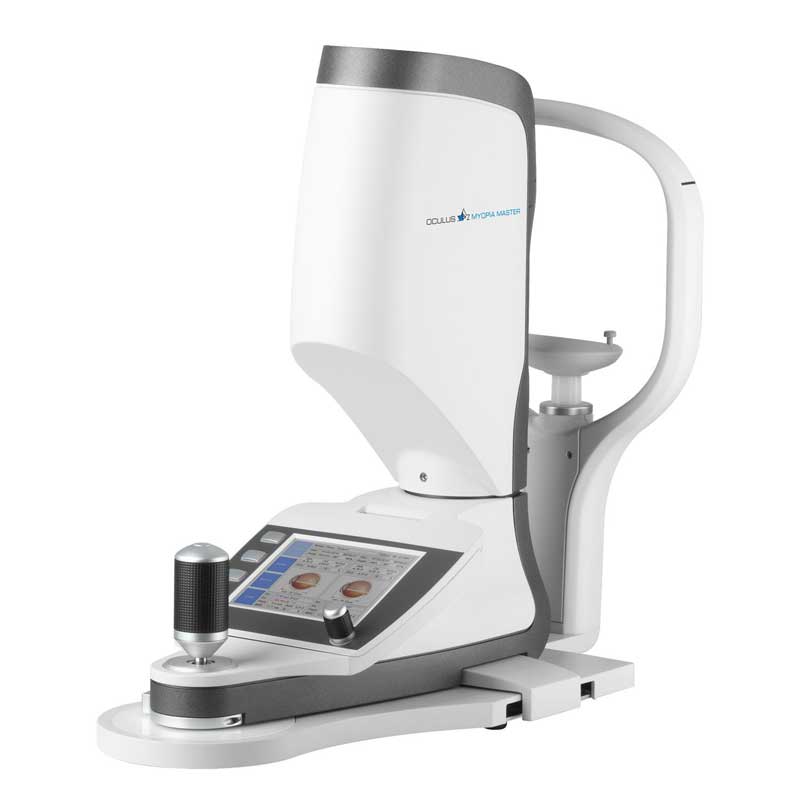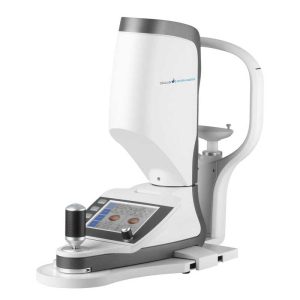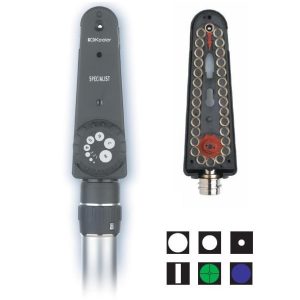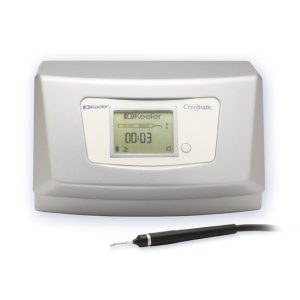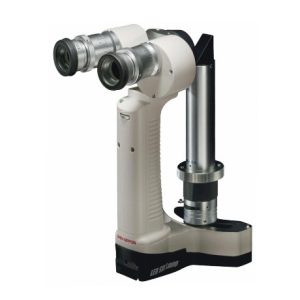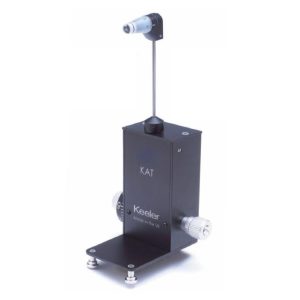Myopia Master®
The Myopia Master® is an efficient device which combines autorefractor, keratometry, and axial length measurement of the eye using a quick and non-invasive method. In addition to its unique metric capabilities, the Myopia Master® software supports clinical decision-making and ongoing practitioner-to-patient communication. Overall, the Myopia Master® is a unique and powerful tool for facilitating the growth of myopia management in practice.
Master Myopia in future!
Early and accurate measurement and reliable follow-up of myopia
With myopia prevalence increasing in children, adolescents and young adults and growing exponentially overall, it is becoming more and more important to monitor for myopia early on in life. Simply put: The earlier myopia is discovered, the better. Children should therefore be regularly tested for myopia from the age of 4.
The greatest changes in myopia occur from age 6 to 16 when the eye can start growing out of focus. This results into a bigger axial length of the eye and myopia. Once the eye is grown longer, there is no method shrinking the eye again. The treatment of myopia reduces the eye growth, or, in the best case, stops it. This demonstrates how important it is to regularly test children already at an early age.
The best combination:
Refraction, axial length and keratometry
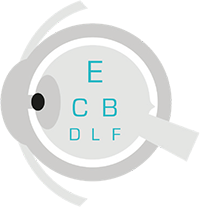
Refraction
The standard method for measuring myopia is by refraction. However, due to day-to-day changes in visual acuity as well as measurement variability, refraction tests are prone to fluctuation and unavoidable measurement inaccuracies.
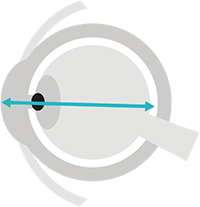
Axial length measurement
The axial length of the eye can be measured accurately and independently of accommodation. Progression in axial length is a reliable indicator of progression in myopia.
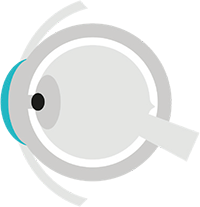
Keratometry
The central corneal radii are what ultimately determines the refractive component of the myopic process . These can be automatically measured and succinctly displayed using a keratometer.

